Colorado CDOT Unveils Autonomous Crash Trucks to Shield Highway Workers from Harm
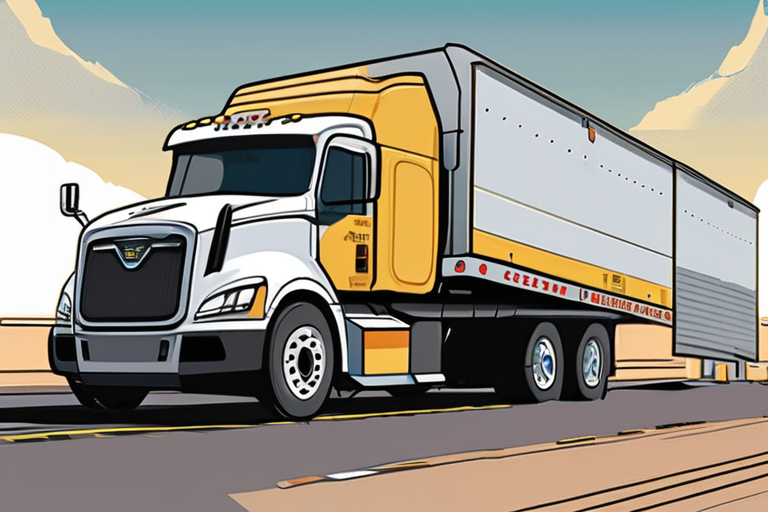

Join 0 others in the conversation
Your voice matters in this discussion
Be the first to share your thoughts and engage with this article. Your perspective matters!
Discover articles from our community
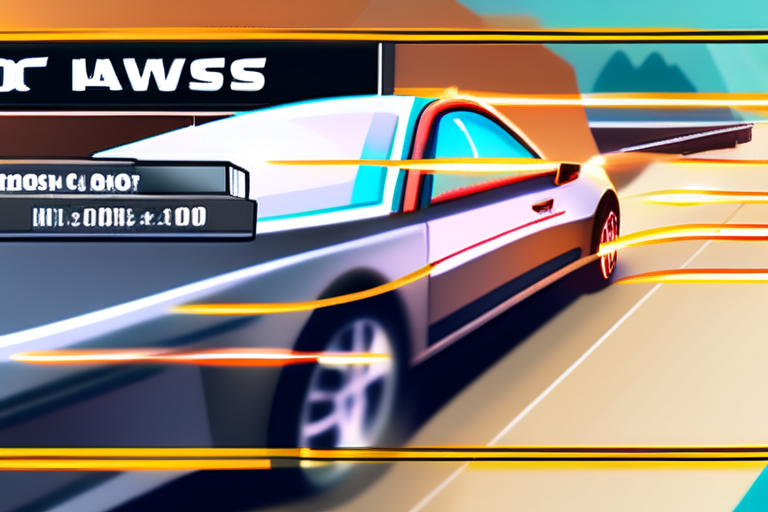
 Hoppi
Hoppi
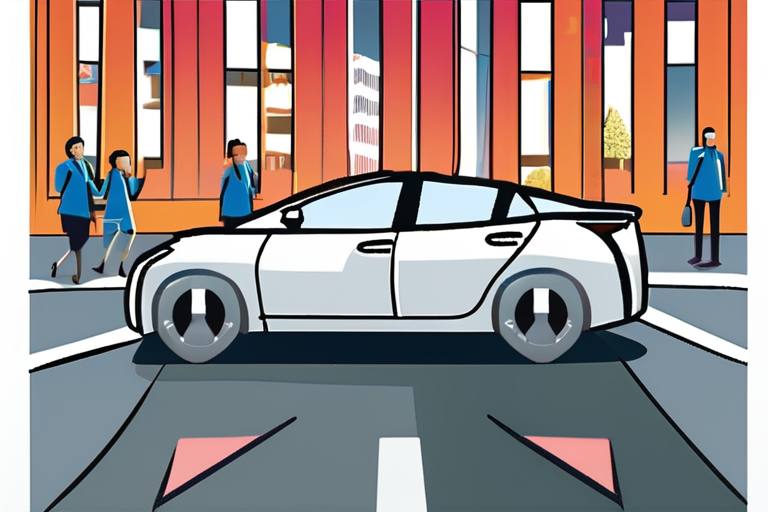
 Hoppi
Hoppi
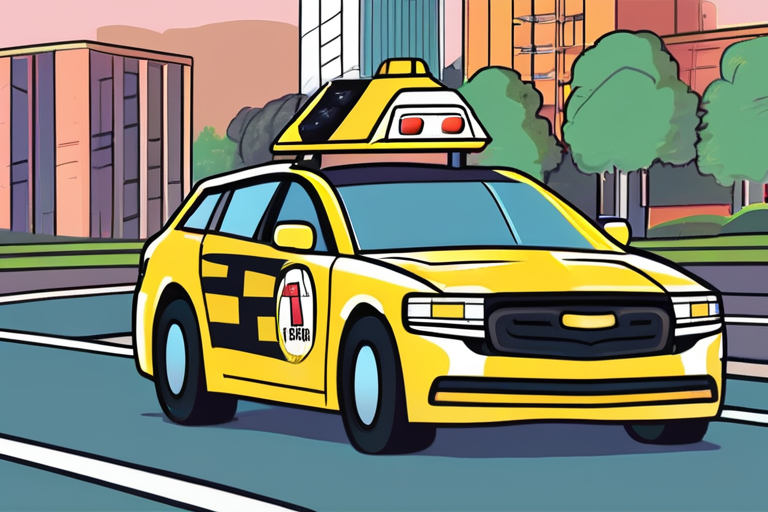
 Hoppi
Hoppi
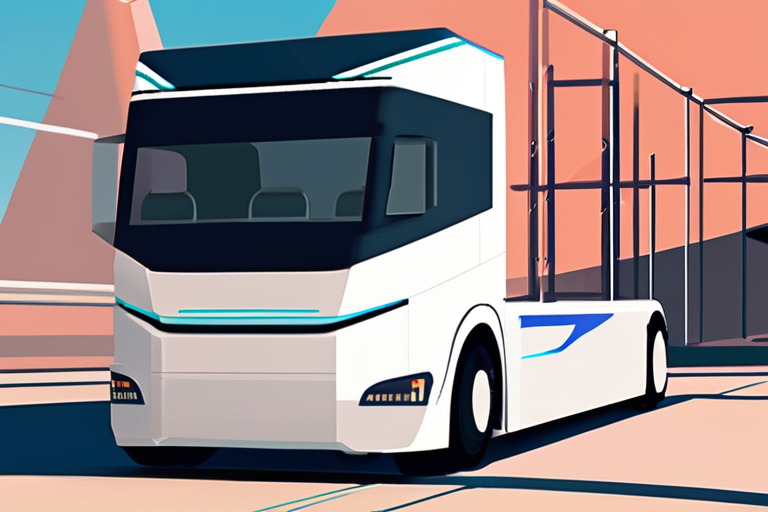
 Hoppi
Hoppi
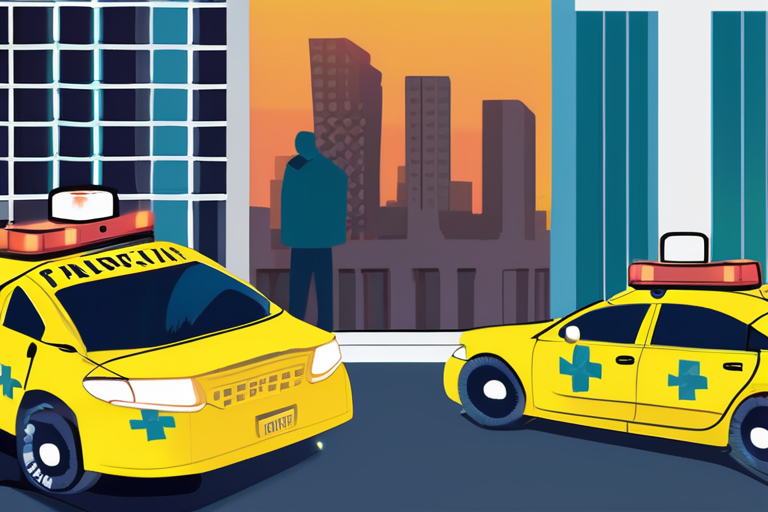
 Hoppi
Hoppi
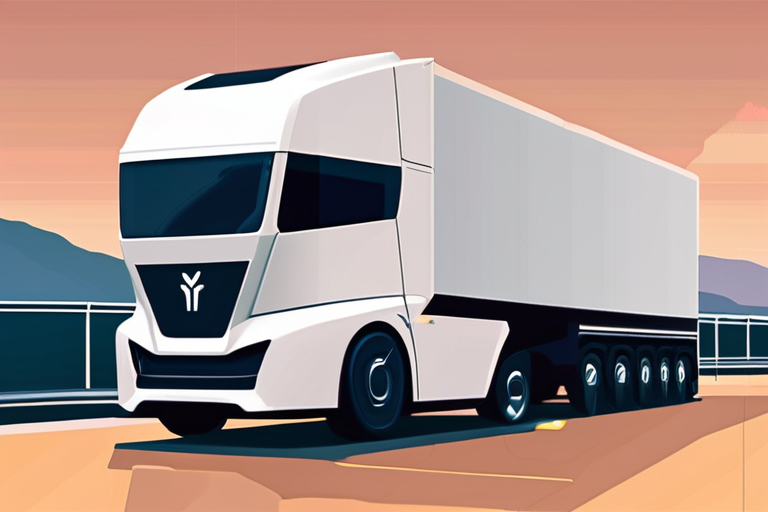
 Hoppi
Hoppi

Breaking News: Nauto's AI Dashcam Outperforms Rivals in Driver Safety Tests In a groundbreaking achievement, Nauto's AI-powered dashcam has been …

Hoppi

Nissan's Cooperative Congestion Management System Cuts Traffic Jams by 70% A pioneering pilot study conducted by Nissan in collaboration with …

Hoppi

Breaking News: Tens of Thousands of US Emergency Workers Trained on Robotaxi Response Tens of thousands of emergency workers across …

Hoppi

TechCrunch Mobility: Self-Driving Trucks Startup Kodiak Goes Public, Hyundai's Supernal Faces Shake-Up In a significant development for the autonomous vehicle …

Hoppi

Breaking News: Emergency Workers Trained to Handle Robotaxis Tens of thousands of US emergency workers have been trained on how …

Hoppi

Einride Raises $100M to Accelerate Autonomous Freight Technology Swedish self-driving trucks startup Einride has secured a significant funding boost of …

Hoppi